Indigenous Governance Database
Megan M. Hill
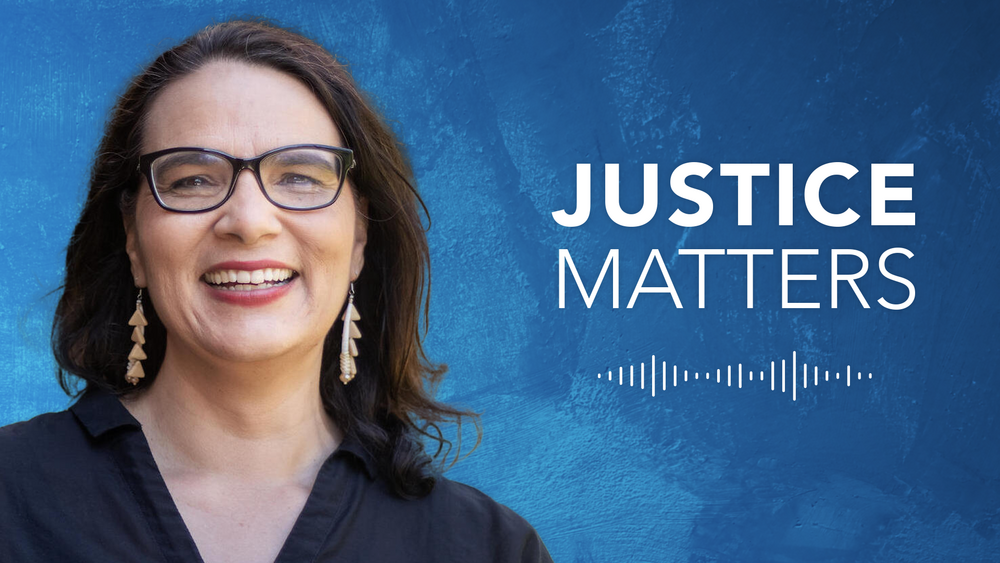
Justice Matters Podcast: (Re)Building Nations with Indigenous Governance | EP 79
On this episode of Justice Matters, co-host Mathias Risse speaks with Megan Minoka Hill, the Senior Director of the Project on Indigenous Governance and Development and the Director of the Honoring Nations program at the Harvard Kennedy School. The Project on Indigenous Governance and…
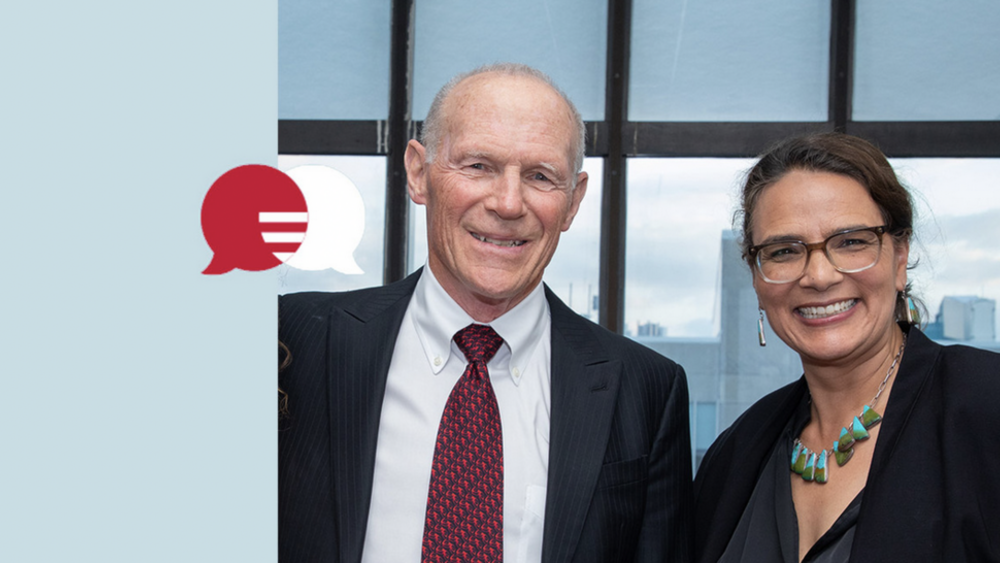
The More Indigenous Nations Self Govern, The More They Succeed
Harvard Kennedy School Professor Joseph Kalt and senior director Director Megan Minoka Hill say the evidence is in: When Native nations make their own decisions about what development approaches to take, studies show they consistently out-perform external decision makers like the U.S. Department of…

Blood Quantum and Sovereignty
"Blood Quantum and Sovereignty" is a beginner-level conversation focused on why blood quantum is controversial, as well as how it came to be used as an enrollment and citizenship criteria for Native nations. Produced and recorded by Native Governance Center on March 30, 2022. Featuring: Wayne…
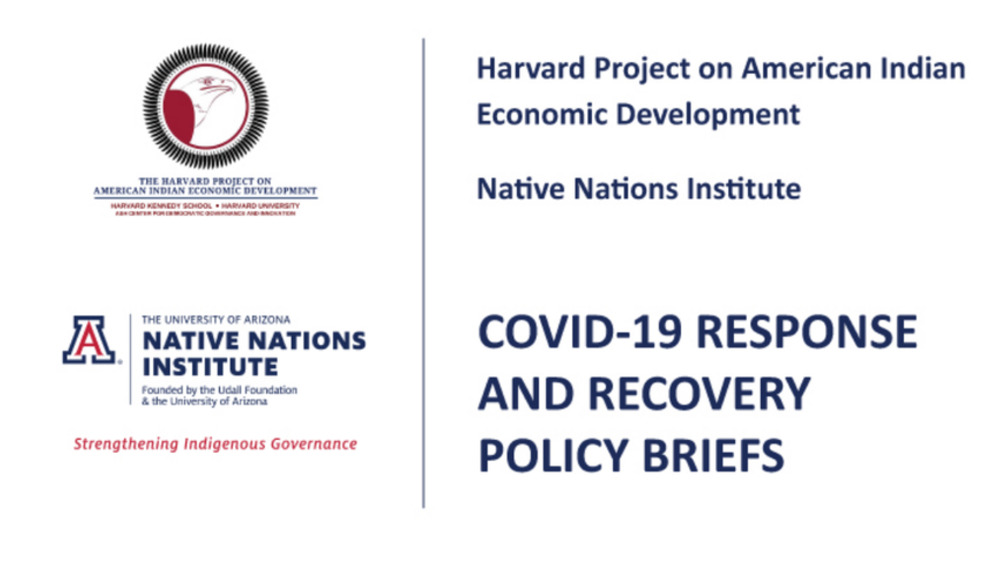
Policy Brief: Recommendations for the Allocation and Administration of American Rescue Plan Act Funding for American Indian Tribal Governments
The American Rescue Plan Act (ARPA) provides the largest infusion of federal funding for Indian Country in the history of the United States. More than $32 billion dollars is directed toward assisting American Indian nations and communities as they work to end and recover from the devastating…
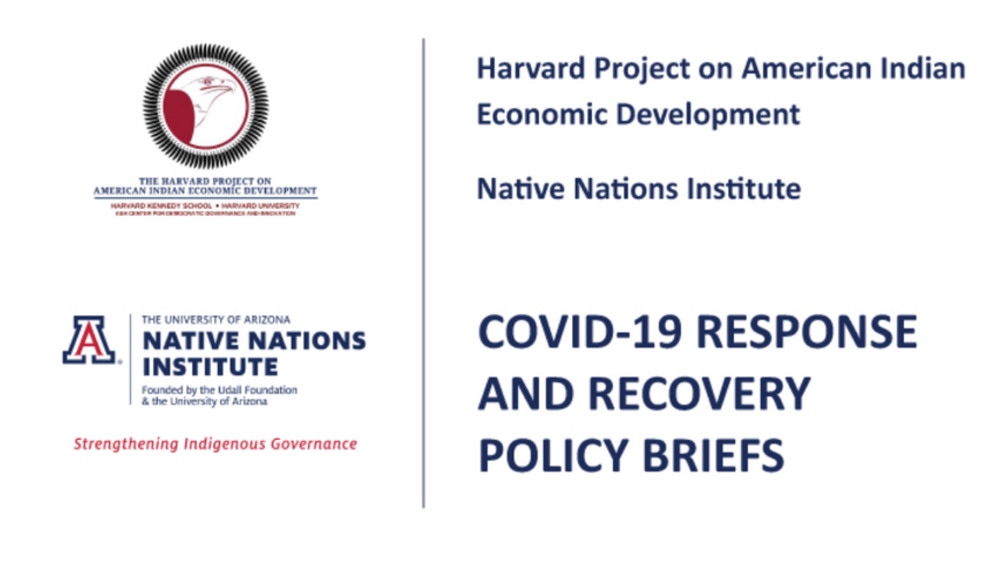
Policy Brief: Federal COVID‐19 Response Funding for Tribal Governments: Lessons from the CARES Act
The federal response to the COVID‐19 pandemic has played out in varied ways over the past several months. For Native nations, the CARES Act (i.e., the Coronavirus Aid, Relief, and Economic Security Act) has been the most prominent component of this response to date. Title V of the Act earmarked $8…
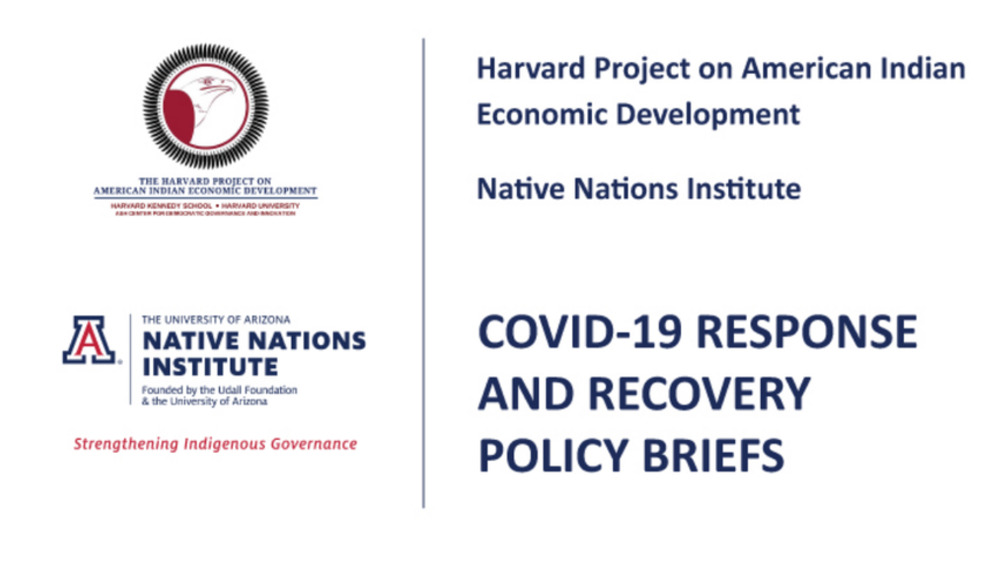
Policy Brief: Emerging Stronger than Before: Guidelines for the Federal Role in American Indian and Alaska Native Tribes’ Recovery from the COVID‐19 Pandemic
The COVID‐19 pandemic has wrought havoc in Indian Country. While the American people as a whole have borne extreme pain and suffering, and the transition back to “normal” will be drawn out and difficult, the First Peoples of America arguably have suffered the most severe and most negative…
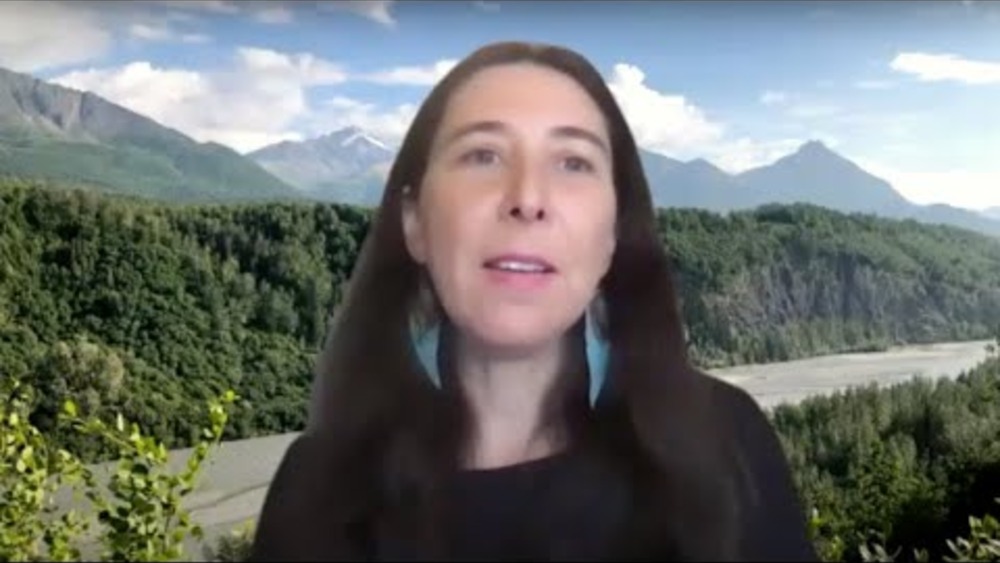
Interview with Dr. Stephanie Carroll about New Research on COVID-19 Spread in Indian Country
Listen to public health researcher Stephanie Carroll, co-author of “American Indian Reservations and COVID-19: Correlates of Early Infection Rates in the Pandemic.” Hear about this new research showing which factors, like household plumbing and language barriers, correlate with a higher spread of…
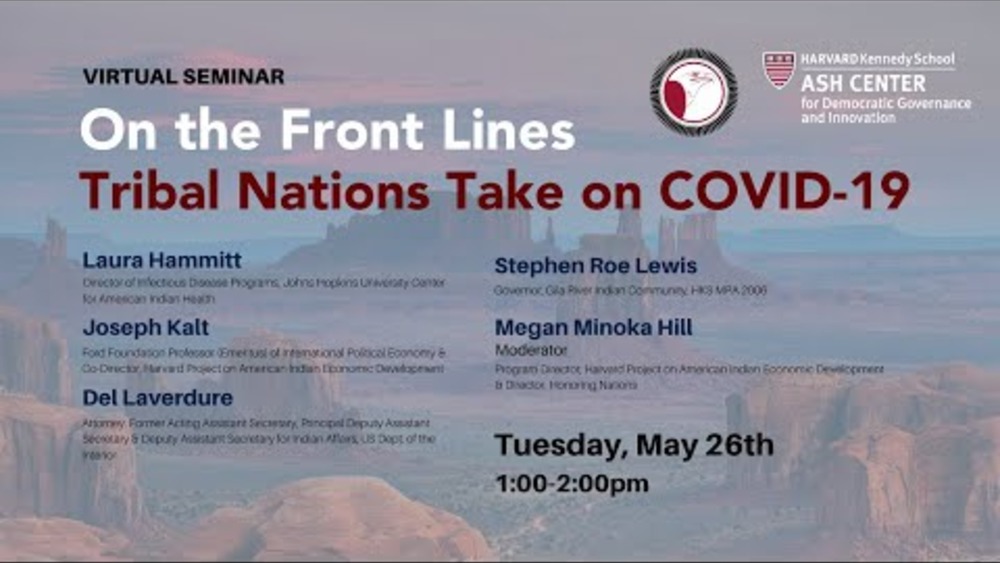
On the Front Lines: Tribal Nations Take on COVID-19
Like governments around the world, America’s 574 federally recognized tribal nations are racing to protect their citizens from the coronavirus. Impacting tribes at a rate four times higher than for the US population, the pandemic is testing the limits of tribal public health infrastructures.…
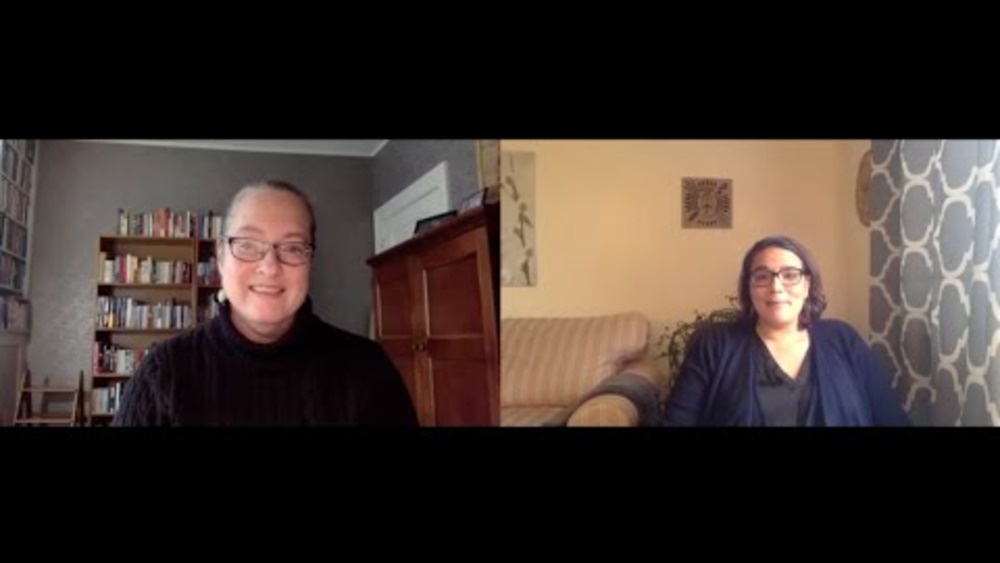
Miriam Jorgensen on New Policy Brief Dissecting Round 1 Allocations of CARES Act Tribal Funding
Miriam Jorgensen, Research Director with the Harvard Project and with Native Nations Institute at the University of Arizona, discusses the release of a new Harvard Project and Native Nations Institute policy brief dissecting the US Treasury Department's round 1 allocations of CARES Act funding for…
